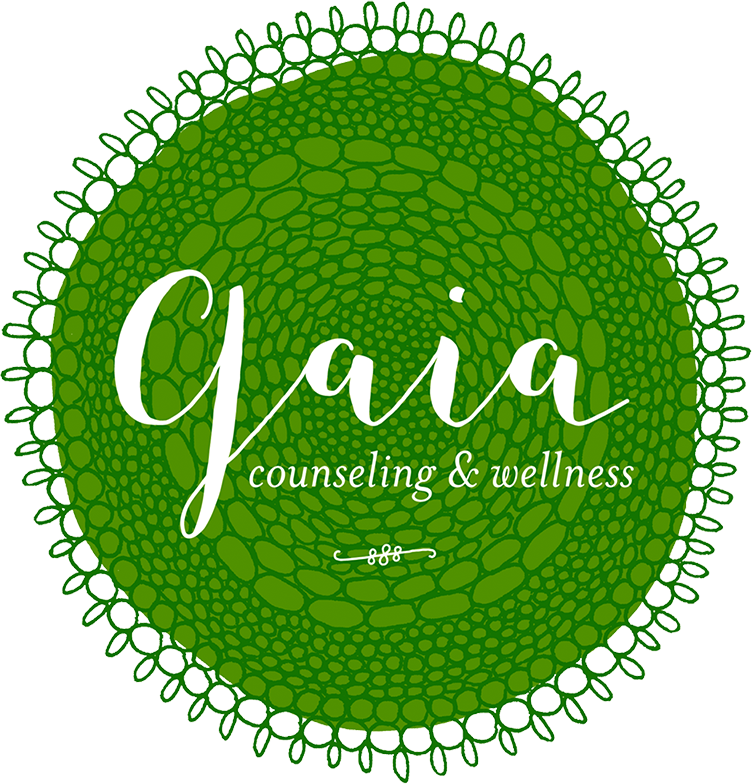Substance Use Counseling
The use of substances is common in our society across time and culture. Consequently, seeking counseling for substance related issues is common and can help individuals to explore personal motivation for continued substance use. Counseling can be helpful at any point on the spectrum of use. If you are seeking to learn more about your current level of use, considering reduction or discontinuation of substance use, or just want to learn more about the role that substances play in your own life, counseling can be important and helpful in your process.
Central to the process, substance use counseling helps individuals to explore core drivers for use, the needs being met by a substance, a focus on reducing or eliminating associated harm and consequences of use, and collaboratively identifying goals for counseling oriented towards wellness. Counseling can help to foster coping ability, develop community support, and work through emotional drivers of use. Frequently, trauma is a driver of substance use and should be treated in an integrated way during counseling to increase the likelihood of attaining wellness. While substance use counseling is not a specific therapy on its own, your counselor may use a variety of therapeutic techniques in helping you reach your goals.
Based on each individual’s needs, there are various approaches used in substance use counseling. They allow the individual and counselor to be aligned in a collaborative way which centers the needs and goals of the individual while building and sustaining motivation towards change and working to uncover thoughts and emotions that are influencing behaviors related to use. Regardless of counseling technique used, substance use counseling holds a focus on the pursuit of physical, emotional, and mental health. If you are interested in learning more about your own use of substances or learning how to support a loved one using substances, please reach out for a consultation today.

